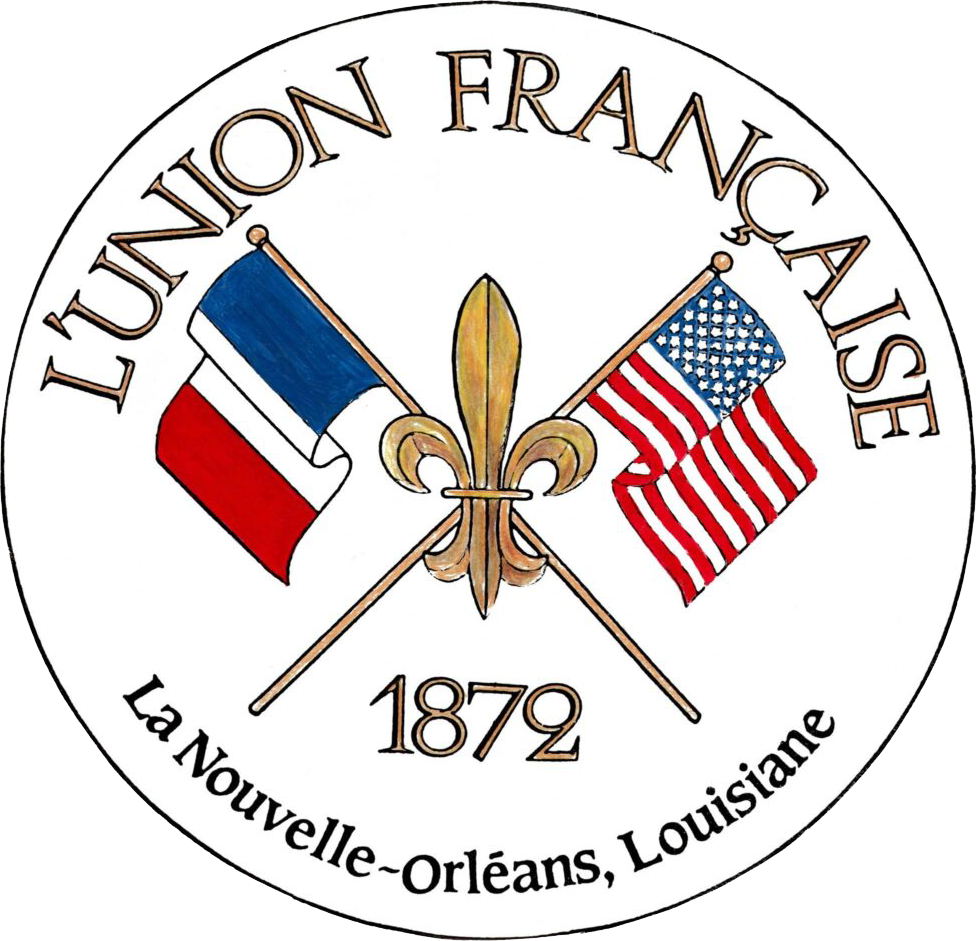Vive la Francophonie Culture Classes
The Francophone Maghreb:
Morocco, Algeria, and Tunisia
Join us for a four-session series focused on the Francophone Maghreb - Morocco, Algeria, and Tunisia.
Taking place on April 29, May 6, May 13, and May 20 at 5:30 p.m. at the Academy of the Sacred Heart, these classes will feature cultural presentations, wine tastings, and small plates. Classes will be in English and last approximately 1 hour and 45 minutes.
Each Fall and Spring we feature a series of lectures on a region of the Francophonie. All lectures are conducted in English. These classes feature:
engaging lectures by experts in their field
wine and food tastings to complement the lectures
community with other Francophiles
For the Spring 2025 VLF, experts Margene Minor and Marc Witham will present wines and sprits of the region at each class with selections from the Wine Seller (5000 Prytania Street).
Each class will also feature small plates of delicious cuisine of the region.
Our culture classes take place in uptown New Orleans, at the Academy of Sacred Heart located at 4521 St. Charles Avenue, enter at the second floor dining room from Carondelet St. under the bridge.
-
Beyond Brotherhood & Bitterness
When it comes to French citizens born in Algeria, stereotypes are stubbornly ingrained in the collective consciousness. This talk inspired by my book De L’autre côté de l’amer (L’Harmattan, 2015) aims at presenting the various ways in which le Pied-Noir has been viewed not only in historical and fictional texts but also in stage and film productions. From Yves Saint Laurent to Jacques Derrida to Albert Camus, the destiny of French Algeria goes beyond the shores of bitterness and retaliation, it speaks of nostalgeria and inseparability.
Presented by Jean Xavier Brager
-
The Invention of Moroccan Cinema
“le cinéma n’est pas encore inventé!” - André Bazin, Qu’est-ce que le cinéma?
Three filmmakers whose work helped to found Moroccan cinema are suddenly more visible: on streaming platforms, at film festivals and on college campuses. What does the availability of films such as Ahmed Bouanani’s Mémoire 14 (1971); Farida Benlyazid’s Door to the Sky (1985); or Moumen’s Smihi’s A Muslim Childhood (2005) change in the narrative of its national development and transnational reach? This presentation argues that in its contributions to civil society, international on-location production, and new schools for training the next generation of filmmakers, Moroccan cinema is still being invented.
Presented by Felicia McCarren
-
The Moroccan Linguistic Landscape: Darija, Arabic, and the Illusion of Identity
In this presentation, Fayçal Falaky will examine the role social networks have played in fashioning Morocco’s linguistic landscape during the past 15 years. Most communication in the Moroccan social media sphere is not conducted in the French or the Classical/Standard Arabic found in newspapers or TV news, but in a ‘creolized’ oral dialect – Darija – that is often transcribed in Roman characters. While this phenomenon may be ascribed to practical considerations, its implications are radical, subversive, and significant. The transcription of what is often considered a vulgar dialect is, by dint of its codification, sidelining the religious and sacred baggage associated with the language of the Quran and opening up a space where civic dialogue can extract itself from the grip of the sacred and the ‘pure’.
Presented by Fayçal Falaky
-
Connecting the Maghreb: Migration in Contemporary Maghrebi Art
This lecture explores the Maghreb’s cultural diversity and transnational connectivity through the lens of contemporary Maghrebi art. Tracing the region’s historical imbrications into broader transnational frameworks from Antiquity to the present, it examines how contemporary artistic representations of migration to Europe sustain and reshape these long-standing connections. By combining a diachronic introduction to Maghrebi mobility with close readings of selected artworks, this lecture ultimately reflects on the region’s transnational identity and the place it occupies within the Mediterranean and beyond.
Presented by Edwige Tamalet Talbayev
If you’d like more detailed information, please email the event’s director: Karen Walk Geisert at kawalk@me.com


